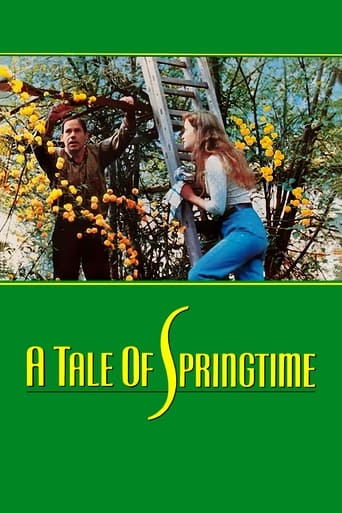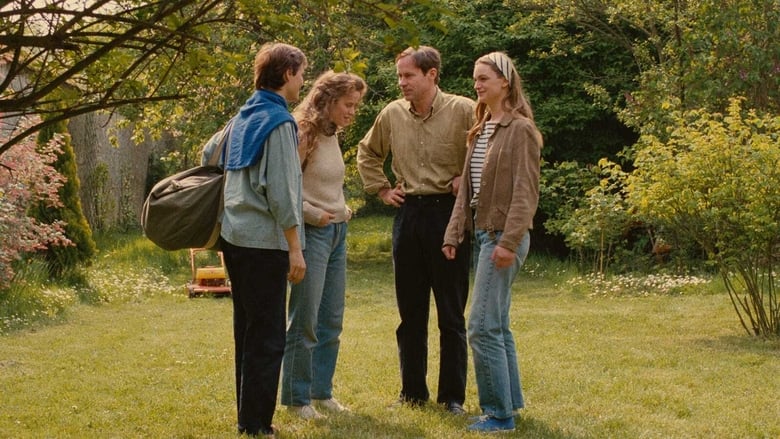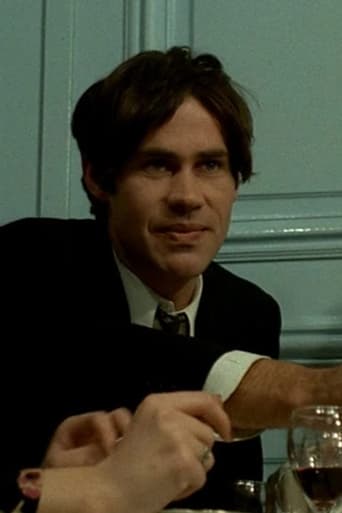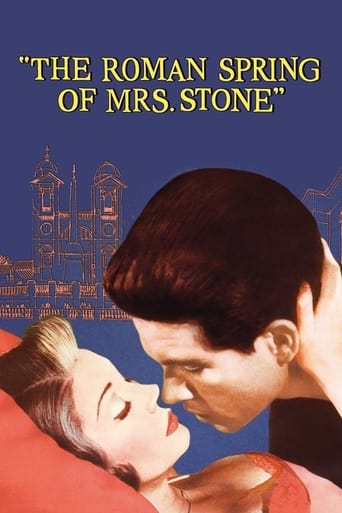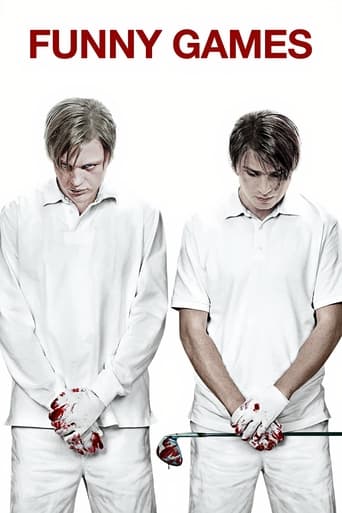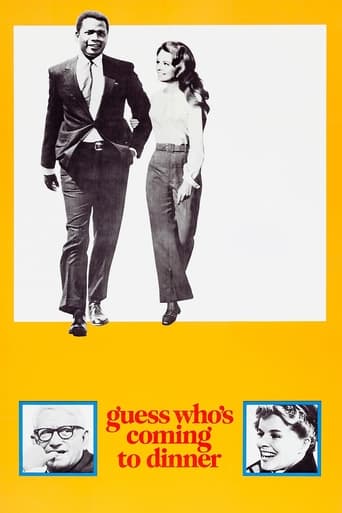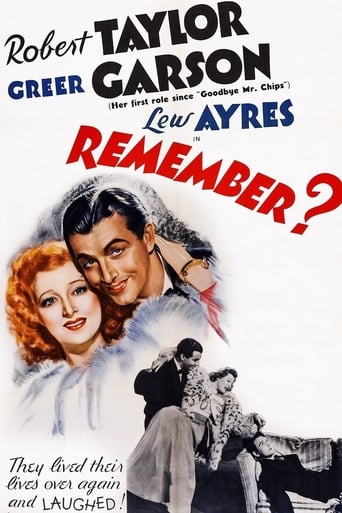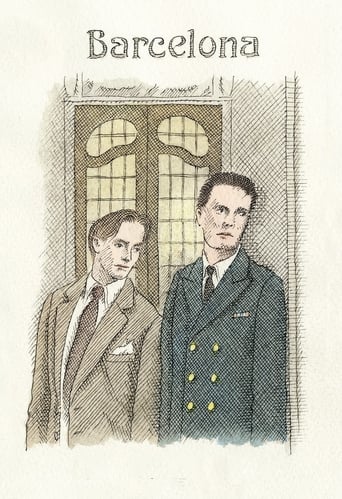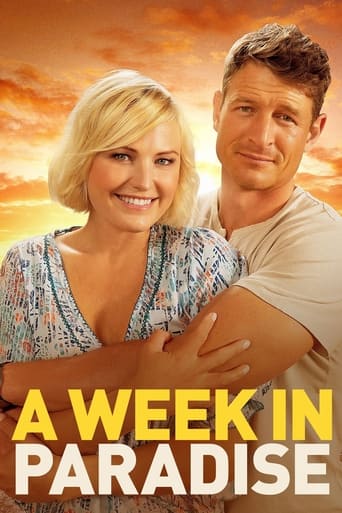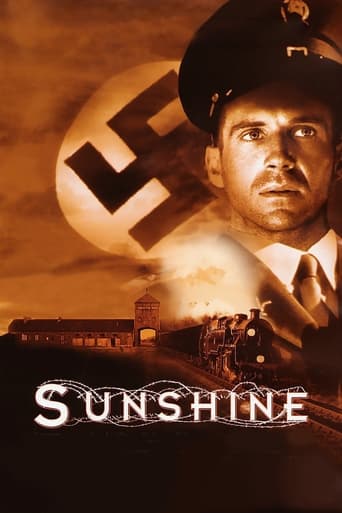A Tale of Springtime (1992)
The story of an introverted young girl just reaching adulthood who takes a liking to an older woman she meets at a party and determines to match her off with her father, despite the latter's already having a lover of his own.
Watch Trailer
Cast


Similar titles
Reviews
Really Surprised!
Good story, Not enough for a whole film
A waste of 90 minutes of my life
This is a must-see and one of the best documentaries - and films - of this year.
Artistic tastes are entirely subjective, so I'll start by mentioning some of my favourite directors, and if they're your faves too, then read on. Otherwise, just skip my entire review.Robert Bresson, Krzysztof Kieslowski, Akira Kurosawa, Bela Tarr, Wim Wenders. And when he's not annoying the living crap out of me, I really like Werner Herzog.I neither liked nor disliked "Tale of Springtime" but was left feeling unfulfilled. Other reviewers have criticized this film for being "boring", "slow" and "plotless". You won't hear that from me. On the contrary, I thought the mood and pacing were perfect. The big problem: it never delivered anything worth justifying the effort of watching. And I don't mean car chases and spaceships; I mean something of philosophical value.This movie drew me in with literary and philosophical teasers implying that the film would attack the grand questions of existence. It begins with an air of mystery (no dialogue for the first 4 minutes) and a teaser about some dark unknown truth about the main character, a philosophy professor; when she finally speaks, she muses about how an invisible person--the bearer of Plato's ring of Gyges--would probably be struggling to piece together the unusual events surrounding her life. We are repeatedly given hints of her guarded secret love-life (a lover's apartment which she is afraid to visit), her violent temper which she repeatedly warns people about, discussions of Plato, Kant, transcendentalism, anything & everything indicating that some substance would follow.I felt totally cheated upon slowly realizing that the protagonist is absolutely average, her life uneventful, and the only grand philosophical question attacked is whether she should kiss her friend's father. Boo. Note to filmmakers: do NOT allude to Plato's ring of Gyges (several times) unless you plan to back it up! That's like opening a film with Beethoven's 7th Symphony, then turning the rest of the film into a campy scifi flick about sex in the 22nd century. Oh wait, John Boorman actually did that in "Zardoz".I would contrast this film against Bela Tarr's "Werckmeister Harmonies" which, similarly, follows the life of a mysterious lone protagonist & forces us to unravel his life in cryptic vignettes. As in Tale of Springtime, in Werckmeister we also get teasing doses of philosophy to pique our interest. The difference being in Werckmeister the philosophy is profound, pervasive and relevant to the story and setting, and, though painfully slow at times, Werckmeister gives the audience a powerful thought to chew on after the credits roll.This is the third Rohmer film I've seen, and I think I have to conclude that he's not for me. Elements of this film are like Kieslowski whom I adore, but this film doesn't pack the same haunting depth as, say, "Decalogue" or "Trois Couleurs". Elements of this film are like Wim Wenders whom I also adore, but here we lack the satisfying payoff and poetic closure like in "Paris, Texas", "End of Violence" or "Don't Come Knocking". In short, this film has all the style & art of Kieslowski, Wenders & the aforementioned master directors, but none of the guts.By the way, I actually liked "Zardoz"!
The rare thing about "A Tale of Springtime"--and this is much to Rohmer's credit--is that Jeanne, the central character, gets to live her own script. The backdrop here is a week or so of rather mundane goings-on and minute realizations, all taking place a step away from her normal comfort zone.The test for Jeanne, the young saturnine philosophy teacher, is to maintain her freedom and integrity in the face of psychic and social trappings that crop up after having lost her apartments, and/or the orderly interior space that sustains her autonomy. For her this means a calm outward demeanor, thoughtfulness in every sense, and the discernment of emotions and sentiment. Jeanne's more "fanatic about other people's freedom" than her own and far more aware of her own intrusiveness than she is of those who plague her.So much of the film seems to revolve around the concept of containment or Jeanne's self-containment versus the containers often supplied by the other characters in the movie.Natasha rescues Jeanne from homelessness only to provide her own crowded spaces. Her convincingly affectionate and youthful friendship rather soon gives way to manipulative match-making, and an expressed pouting hatred for both her mother and her father's partner. Jeanne's clear disinclination to any match (sometimes not so convincing because of a single flaw in the film's script) with Natasha's father immediately and subsequently hems her into the painful position of being an invasive, even dangerous house-mate. And what is more important, Natasha's orbital switch from Jeanne to her father all but ends their building friendship. Jeanne counters "You never mention your mother except to criticize her. Igor, Jeanne's father, presents a more dramatic challenge to Jeanne's integrity. He too is fairly convincing in his own budding considerate friendship with Jeanne-- this despite the foreshadowing of the reverse in his buttoned-up, hunched physicality (even his hair looks more like a toupee). And even despite Natasha's gauche hints that he deems Jeanne "not too old" (she is 10 years younger than he) for him and that "he said your not a school marm" and "he doesn't look at a homely woman--a typical charmer." But Natasha's romance set-up at the country place, reveals him for the womanizer he is underneath his "poetic", smart, youthful way of life. He literally blames Jeanne's caution as shamming which, of course, makes it easier for Jeanne to escape his menacing trap, and to put an end to his controlling friendship. "I'd never love anyone madly. I'm not mad." says Jeanne. And she retaliates with anger at Natasha's manipulative assumptions about her own partnership with Mathieu.Eve, Igor's partner, distinctly more world and career bound than Jeanne, doesn't so much present Jeanne with a test, but she rather serves as a confirmation of Jeanne's integrity. But Jeanne continually allies herself with Eve because she senses her independence, intelligence, and passion for work. And most importantly, she grasps that she may be "Eve" or "vampire" or "hysteric" to Natasha and Igor, but not to her. So, she is invariably cognizant of Eve's position and directly defends her speech and actions, understanding that there is a real connection between Eve and Natasha's "evil" mother, and thus equally defensible. Jeanne is also able to communicate to Eve a great deal about her work-- the why, how and where of it--teaching real philosophy to working class students.Lesser characters provide problems of their own for Jeanne. Her cousin proves herself no real friend by selfishly taking full advantage of Jeanne's kindness in extending her "sublease;" and Mathieu, Jeanne's partner, more than being just poetically sloppy (Jeanne can express sheer hatred for his place) is very seemingly a trap man himself, planning a unilateral move and a marriage into the bargain.The pleasant plot turn at the end of "Springtime" may suggest some relief for Natasha, and a wee bit for Jeanne, but this happy turn is more momentary than deep. And we know there will be little cessation in Jeanne's vigilant thought life, which seems to be the center piece of this tale.
It may seem strange that with all the great Rohmer films to choose from, that this would be my favorite. After all, it is a slow moving film, with a threadbare plot, even by Rohmer standards, and yet completely enchants me. Jeanne, the main character, is an ordinary, middle-class woman, at the start of her career as a teacher, at the start of a relationship with Mathieu (whom we never see) still trying to figure her life out. She recognizes her own shortcomings, she thinks too much, she's not able to confide in others and she is sometimes too accommodating to people. Yet she is a noble character, with great integrity and kindness.There is a wonderful little scene in Natasha's apartment. Jeanne is grading papers in the dining room as Natasha comes home from school, and in the kitchen, the living and Natasha's bedroom are flowers Jeanne has bought to thank Natasha for her kindness. Natasha, in return, is so touched by Jeanne's act of kindness that she can barely contain herself. This one little scene shows so much. Jeanne's dedication as a teacher, her kindness to people, and flowers to herald in the first days of spring.As their situations develop, and really there is no reason to speak of the plot, there is a deepening bond as the viewer spends more time with the characters, in simple things, doing simple chores, cutting potatoes, folding clothes, listening to music, and paying attention to what is said, and not said, in their conversations, and at the end of the movie, you seem to have made some very good friends. It's a wonderful thing to be touched by art, but it is more wonderful, I think, to be touched by ordinary life and ordinary people. By not attempting to, Rohmer has made a masterpiece.
This is not my favourite of the 4 Season's tales - I prefer both Autumn and Summer to this one. And it is almost a master class in deficiencies in the British education system, when the main characters can (very convincingly) argue the differences between Kantian perception over lunch, and when Jeanne, the teacher, defends philosophy at secondary school as teaching you how to live. And indeed she seems to be fine with a rather strange situation, being essentially courted by a daughter on behalf of her father (and in fact Rohmer takes up this theme again in Autumn when a woman does date someone as a proxy for her friend). It is a film that requires slow contemplation and which doesn't open up its secrets easily - rather like the location of the necklace, the Hitchcockian MacGuffin which is but a pretext for the poisonous atmosphere between the two girls and whose eventual revelation changes nothing in the basic situation.

